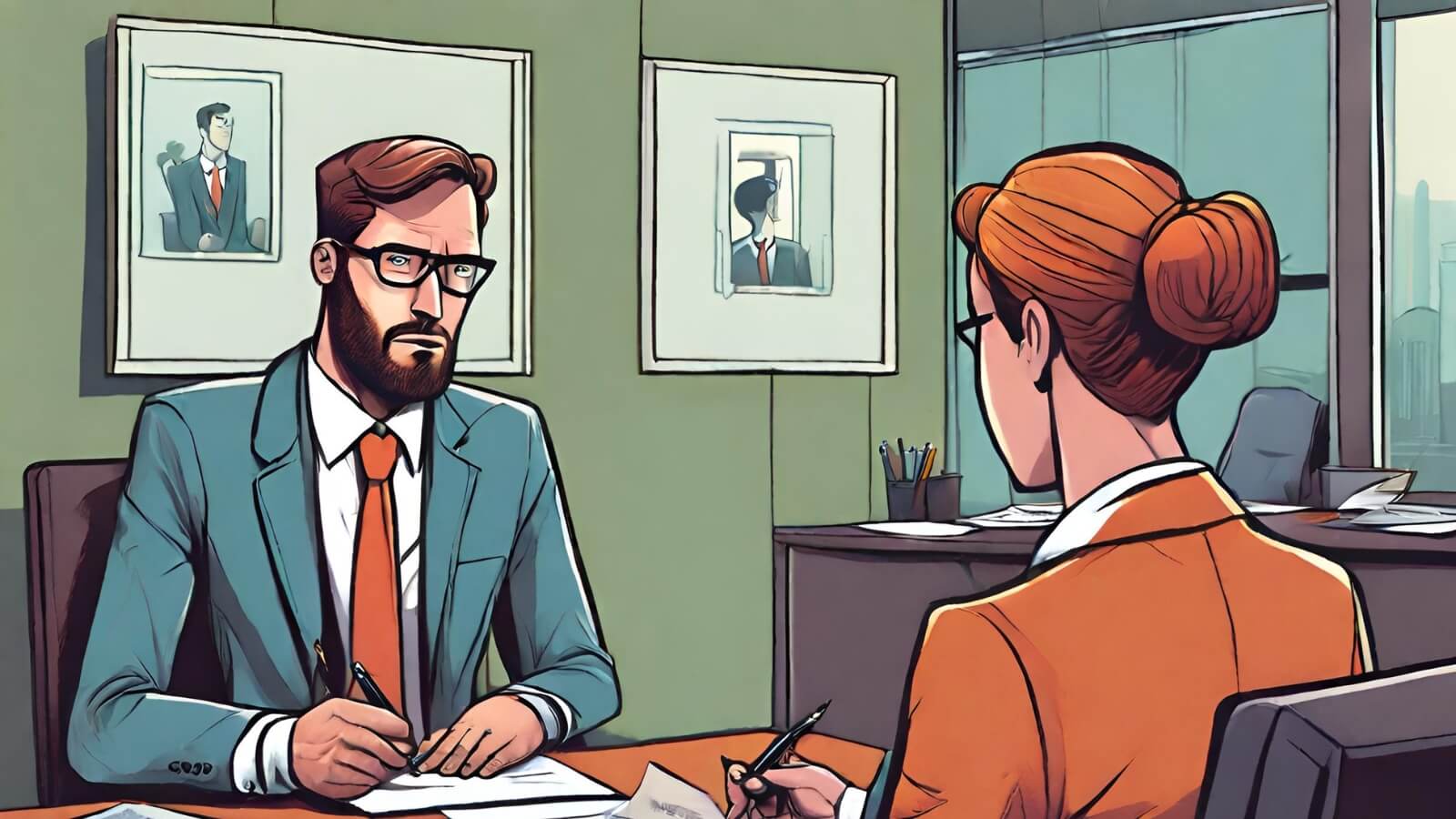The one to one interview is a critical step in the recruitment process, offering a unique opportunity to make a personal connection with a potential employer. This interview style is widely favored because it allows for an in-depth assessment of a candidate’s suitability for a specific role within the company. To excel in a one to one interview, understanding its nuances and preparing accordingly is key. This guide, enriched with insights from Jappreet Sethi, a renowned leadership coach and HR expert, will equip you with the strategies you need to stand out and succeed.
The Essence of One to One Interviews
At its core, the one to one interview is about establishing a rapport with the interviewer, typically a future manager or a human resources representative. Being invited to this stage indicates that you possess the qualifications and skills needed for the position. The challenge now is to demonstrate that you are the perfect fit for the company’s culture and team.
Understanding whether an interview is structured or unstructured can significantly affect your preparation. Structured interviews are predictable, with a set list of questions designed to compare candidates fairly. Unstructured interviews are more fluid, with questions that evolve based on your responses. Being adaptable and prepared with relevant examples for both scenarios is crucial.
Interviewers aim to understand how you’ve handled past professional situations and gauge how you might approach future challenges. They’ll explore both your technical expertise and soft skills through a mix of technical and general questions.
Your resume serves as a roadmap for the interview conversation. Be prepared to dive deeper into any aspect of your resume, including your skills, experiences, and achievements.
In a competitive job market, distinguishing yourself from other applicants is essential. This is your opportunity to communicate what makes you unique and why you are the best fit for the position.
Preparation is the cornerstone of interview success. Here are several strategies, underscored by advice from Jappreet Sethi, to help you prepare:
Understand the Job and Your Resume: Align your experiences and skills with the job description. Highlight aspects of your background that are particularly relevant to the role.
Employ the STAR Method: Organize your responses to showcase the Situation, Task, Approach, and Result. This structure helps you deliver clear and compelling answers.
Build Rapport: “Making a personal connection with the interviewer can be as important as showcasing your technical skills,” Jappreet Sethi notes. Being professional, yet personable, is key.
Conduct Thorough Research: Show your interest in the company by researching its challenges, competitors, and industry trends. “Asking informed questions demonstrates your commitment and foresight,” Jappreet Sethi advises.
Express Gratitude: A follow-up thank you note can reaffirm your interest in the position and leave a positive impression.
The one to one interview is more than just a conversation about your skills and experience; it’s an opportunity to demonstrate your suitability for the role and to assess whether the company is the right fit for you. By preparing thoroughly, understanding the interview format, and effectively communicating your unique value proposition, you can navigate the one to one interview with confidence.
Remember, each interview is a learning experience. Reflect on your performance, consider feedback, and continuously refine your approach. With the right preparation and mindset, you’ll not only impress in your one to one interviews but also take significant steps toward your career goals.
In the words of Jappreet Sethi, “The one to one interview is a unique opportunity to showcase your individuality and fit for the role. Approach it with confidence, preparation, and authenticity, and you’ll be well on your way to success.”
Armed with these insights and strategies, you’re now better equipped to turn your next one to one interview into a stepping stone for your career advancement. Good luck!











sounds great!
I loved coming to your website, from now on I will be always coming back here to visit.Andy
keep the good work by posting better posts, as you always do.